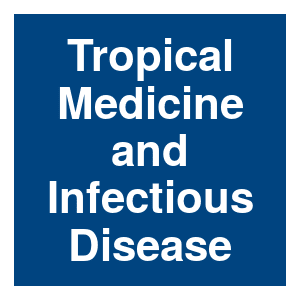Vector-Focused Approaches to Curb Malaria Transmission in the Brazilian Amazon: An Overview of Current and Future Challenges and Strategies

|
E. M. Rocha, R. D. Katak, J. C. de Oliveira, M. D. Araujo, B. C. Carlos, R. Galizi, F. Tripet, O. Marinotti and J. A. Souza,
Tropical Medicine and Infectious Disease,
5.
2020.

In Brazil, malaria transmission is mostly confined to the Amazon, where substantial progress has been made towards disease control in the past decade. Vector control has been historically considered a fundamental part of the main malaria control programs implemented in Brazil. However, the conventional vector-control tools have been insufficient to control or eliminate local vector populations due to the complexity of the Amazonian rainforest environment and ecological features of malaria vector species in the Amazon, especially Anopheles darlingi. Malaria elimination in Brazil and worldwide eradication will require a combination of conventional and new approaches that takes into account the regional specificities of vector populations and malaria transmission dynamics. Here we present an overview on both conventional and novel promising vector-focused tools to curb malaria transmission in the Brazilian Amazon. If well designed and employed, vector-based approaches may improve the implementation of malaria-control programs, particularly in remote or difficult-to-access areas and in regions where existing interventions have been unable to eliminate disease transmission. However, much effort still has to be put into research expanding the knowledge of neotropical malaria vectors to set the steppingstones for the optimization of conventional and development of innovative vector-control tools. More related to this: GM insect pests under the Brazilian regulatory framework: development and perspectives Gene drives as a gene modification tool. A scientific overview. Engineered Gene Drives: Ecological, Environmental, and Societal Concerns Gene Drive for Mosquito Control: Where Did It Come from and Where Are We Headed? A patent review on strategies for biological control of mosquito vector
|



